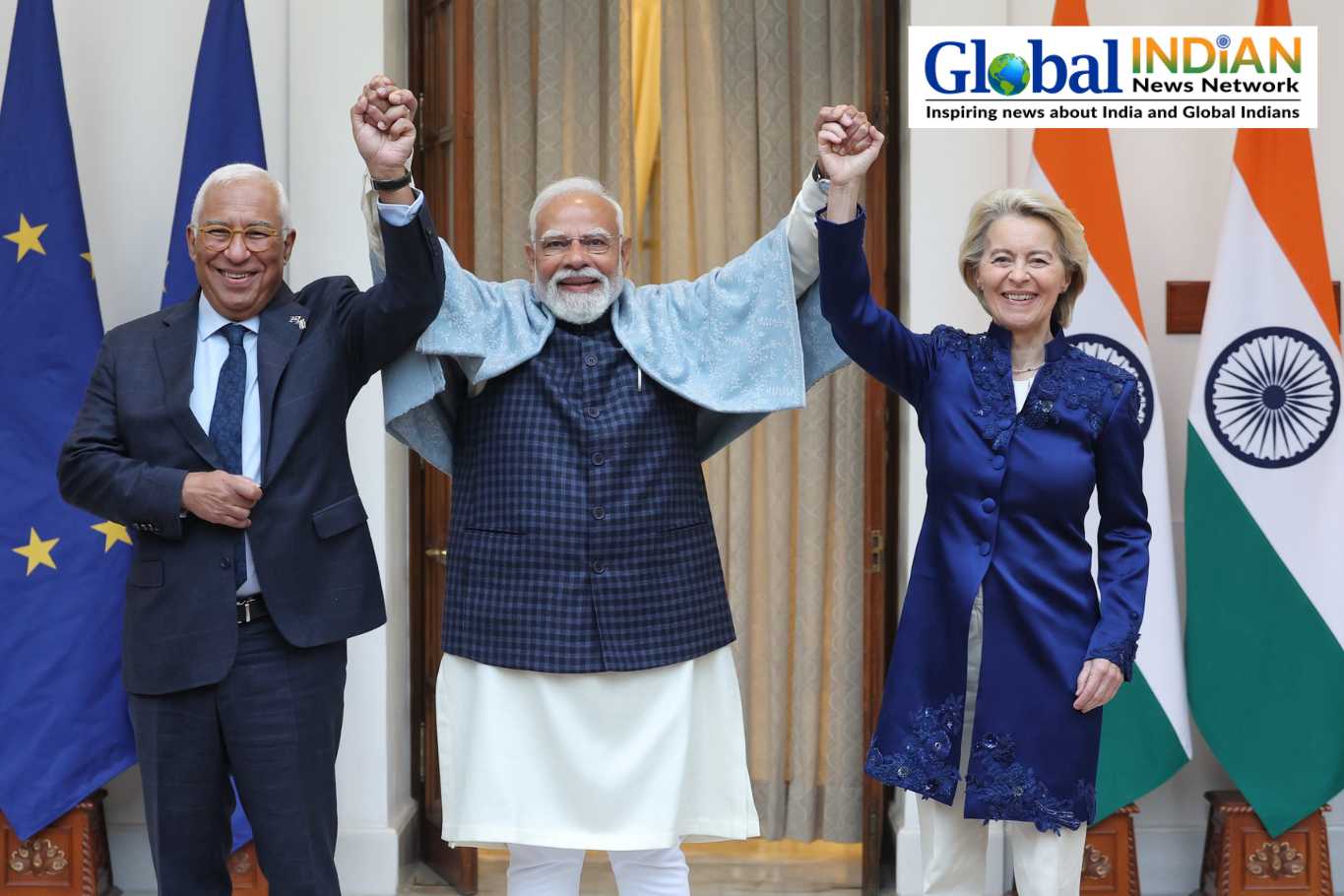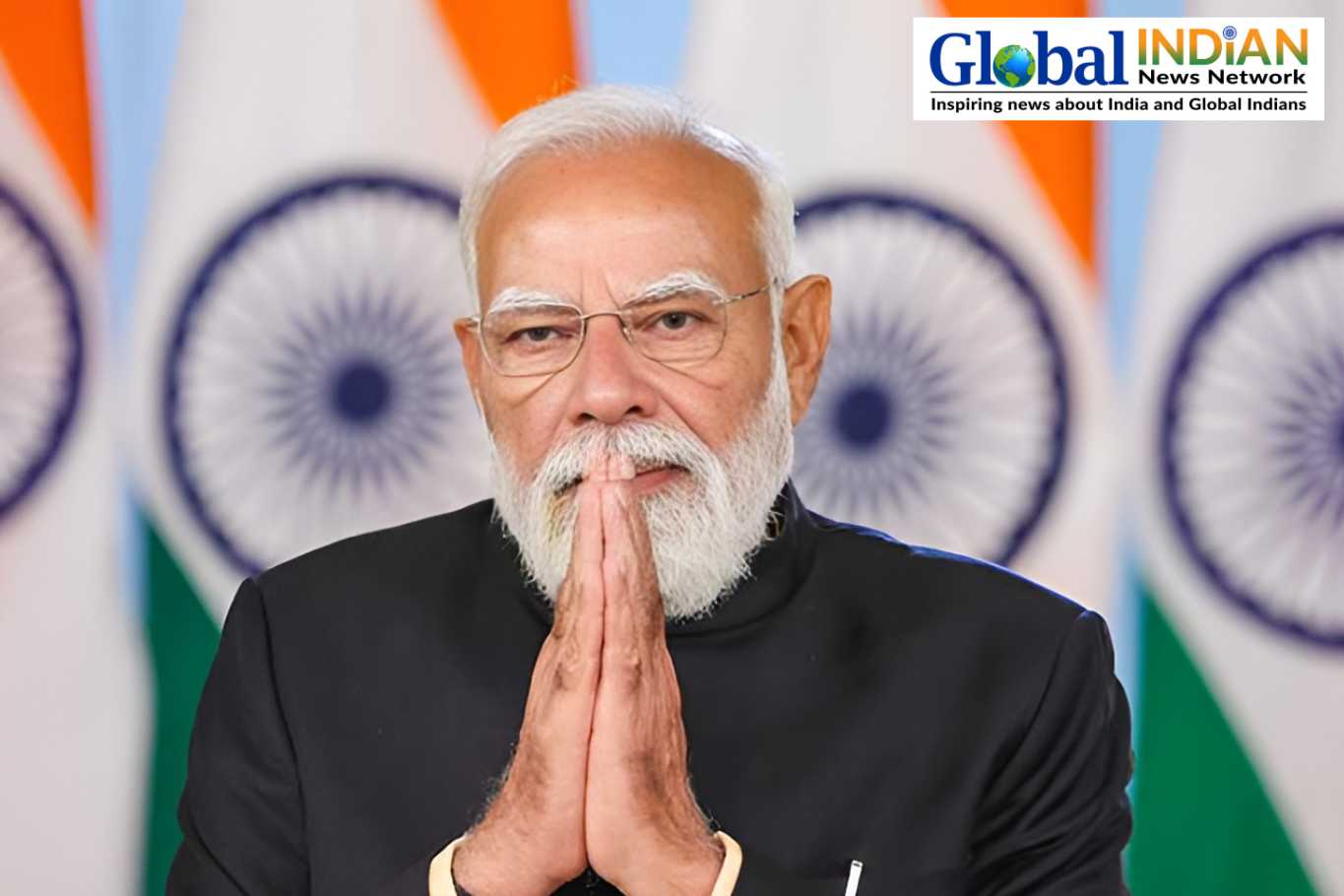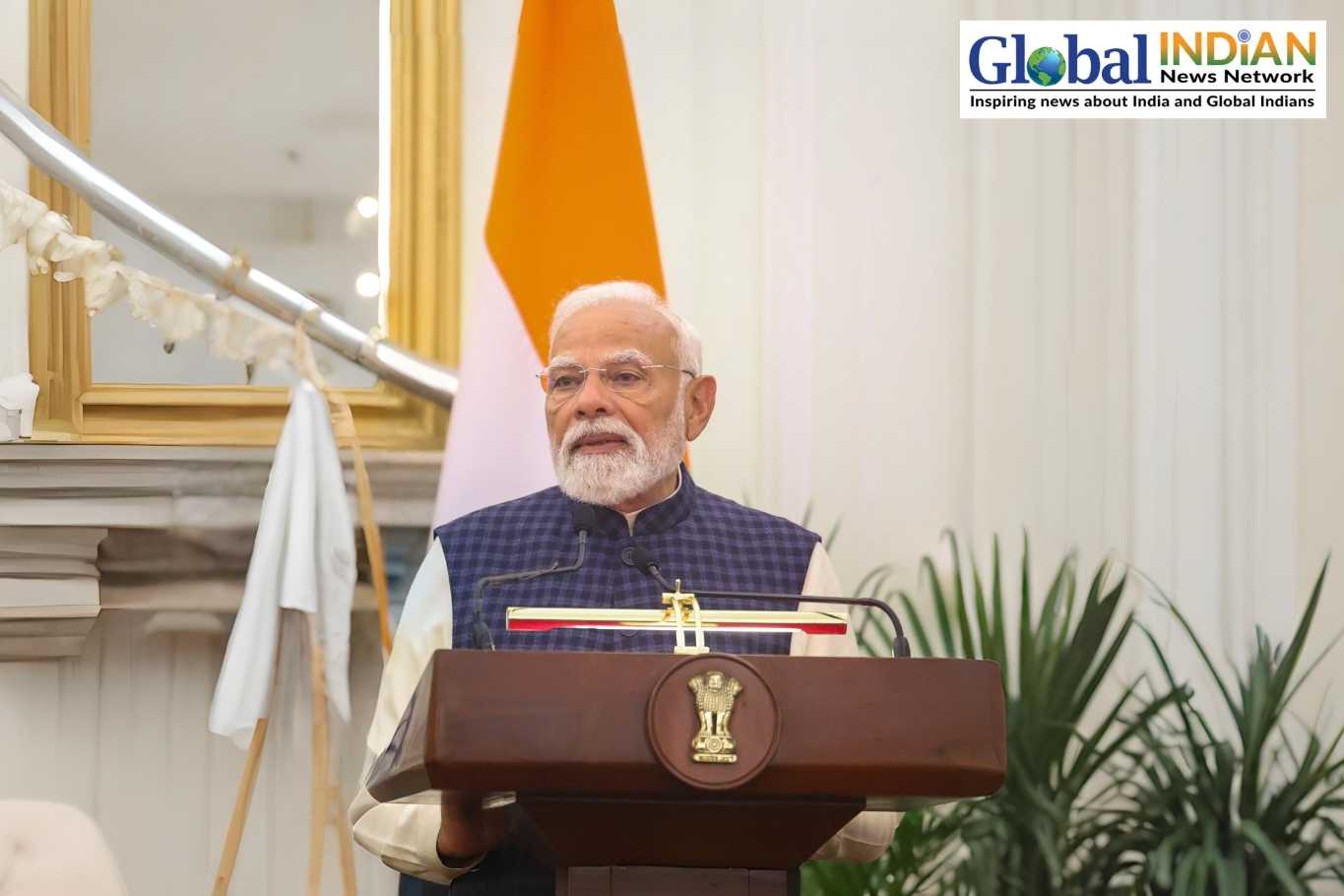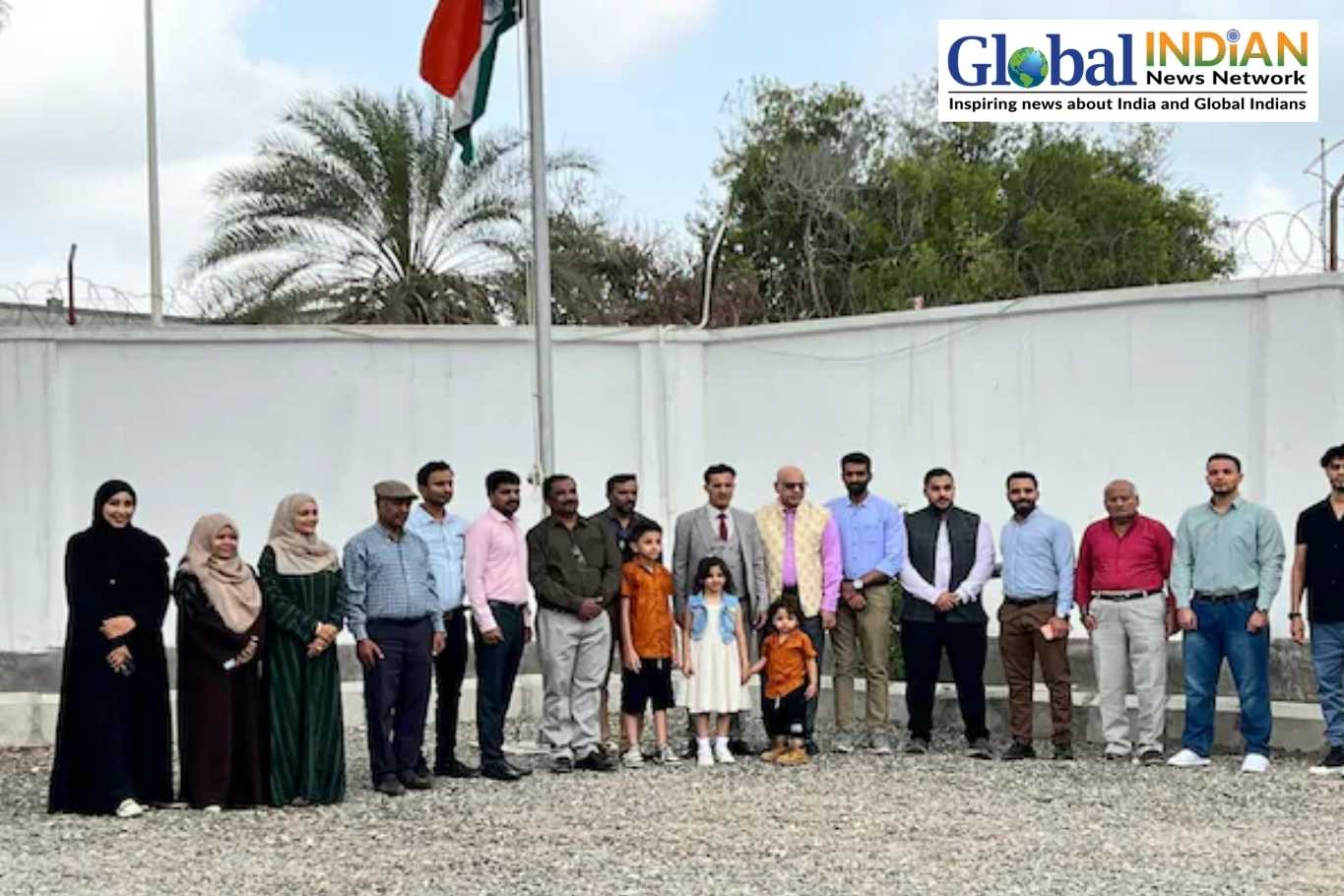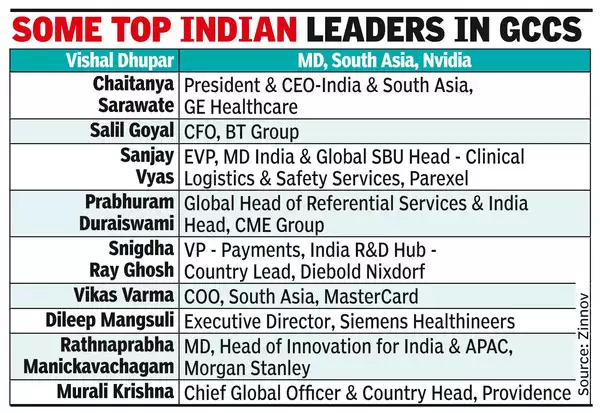
Indian professionals are gaining prominent positions within Global Capability Centres (GCCs), highlighting their increasing impact on global teams. The leadership structure in India’s GCCs has evolved notably, with a rising number of global leaders based in the country spearheading process management and strategic initiatives.
Growing Influence of Indian Leaders in GCCs
Pari Natarajan, CEO of the management consultancy Zinnov, notes a significant increase in global roles within India’s GCCs, from just 115 in 2015 to an anticipated 30,000 by 2030. These roles are crucial in driving digital transformation across various industries, utilizing advanced capabilities and data-driven insights. Indian GCC leaders now operate with greater autonomy and purpose, deeply understanding customer contexts to enhance digital initiatives.
Projected Growth in Global Roles
A report by Nasscom and KPMG introduces the “2-in-a-box” model, fostering a leadership pipeline where counterparts in the parent organization share responsibilities. This structure emphasizes the role of global process owners in standardizing processes, ensuring continuous improvement, and optimizing performance across delivery centres.
Evolving Hub for Global Leadership
Praveen Kumar, CEO of Barclays Global Service Centre India, comments on India’s transformation into a hub for global and regional leadership roles, driven by the depth and quality of local talent. As India’s talent pool evolves, Barclays aims for a global, location-agnostic operating model, particularly where business proximity and time zones are non-issues. Notably, the global technology heads for payments and private banks are now based in Pune.
Significant Contributions by Local Leaders
Debasis Panda, SVP of operations at TransUnion, highlights the pivotal role of Indian leaders in driving global business operations. Their responsibilities span software development, platform engineering, information security, business process reengineering, vendor management, and financial planning.
Shift in Global Management Conversations
Upasna Nischal, global head for learning and development at Fidelity International, points to a shift in global management discussions from cost-saving to leveraging India’s proven leadership talent. Indian leaders now drive global teams, establish innovation hubs, and lead collaborative problem-solving efforts.
Competitive Compensation for Indian Leaders
As Indian leaders assume more significant decision-making roles and demonstrate high productivity, especially in complex tasks, their compensation packages are becoming more competitive. These packages typically include a mix of fixed cash, restricted stock units (RSUs), bonuses, and performance incentives, influenced by the nature of work, talent availability, and the cost of living, according to Natarajan.

